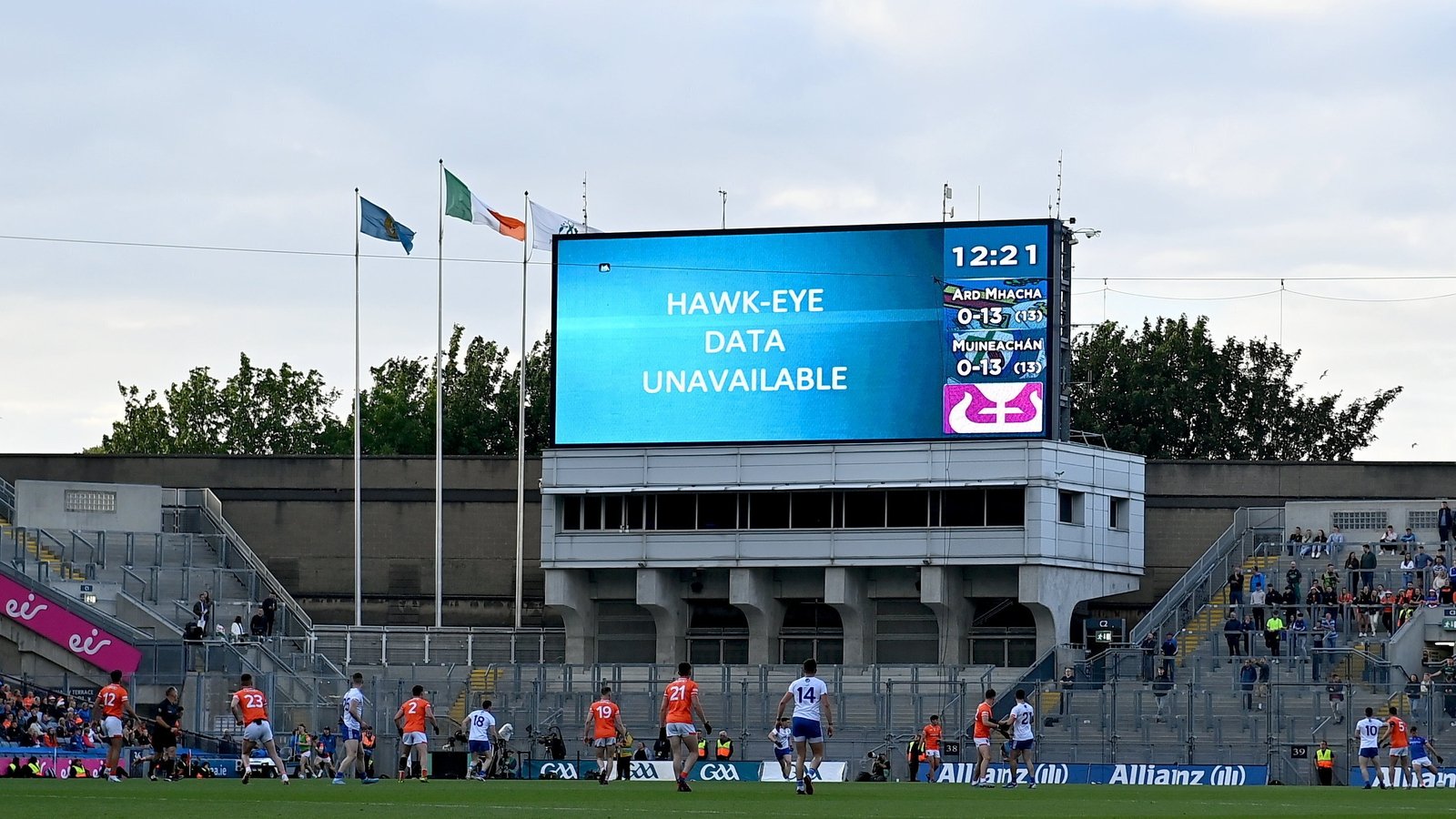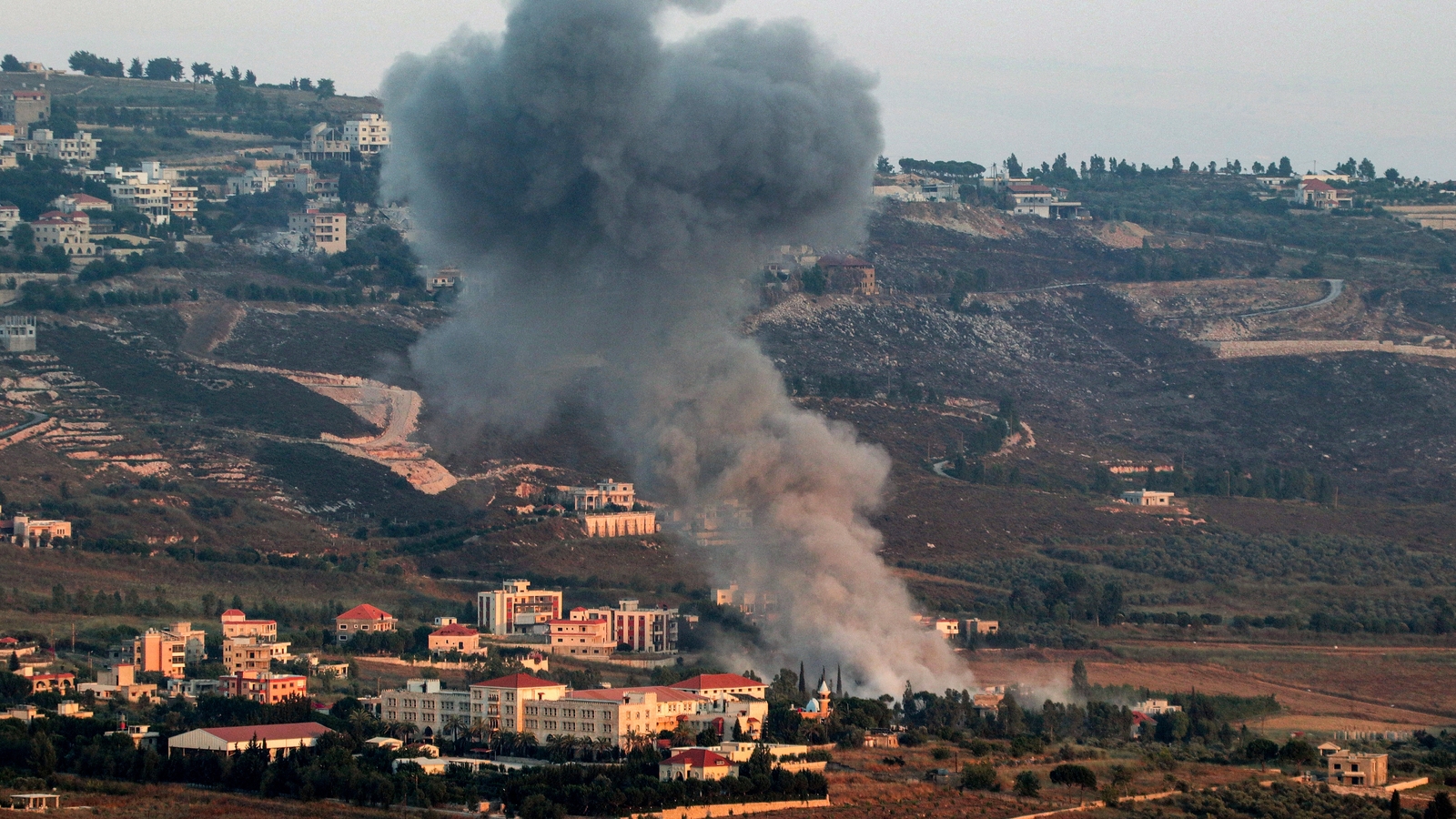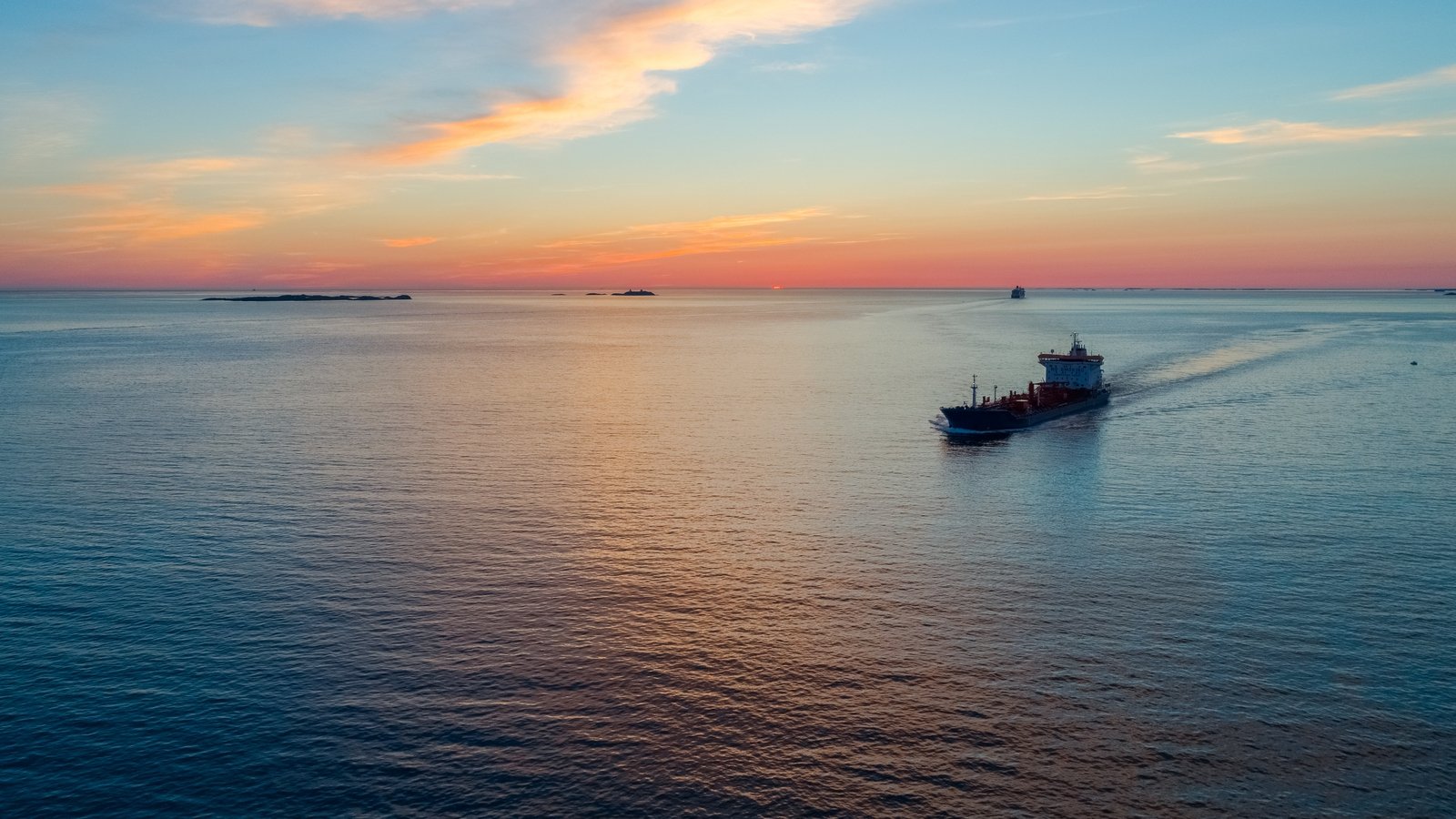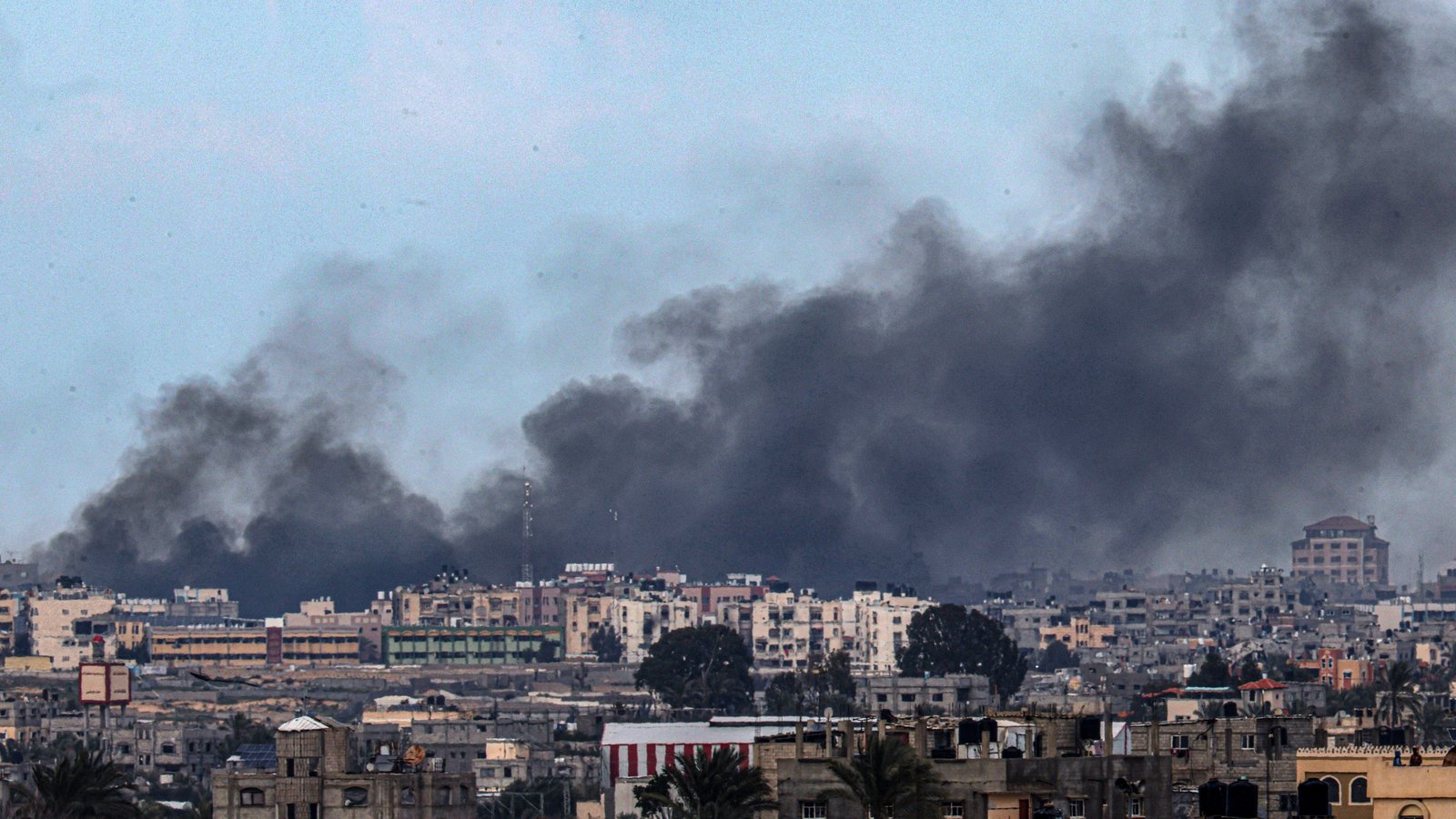Israel has ‘right to protect itself’ after Iran attack
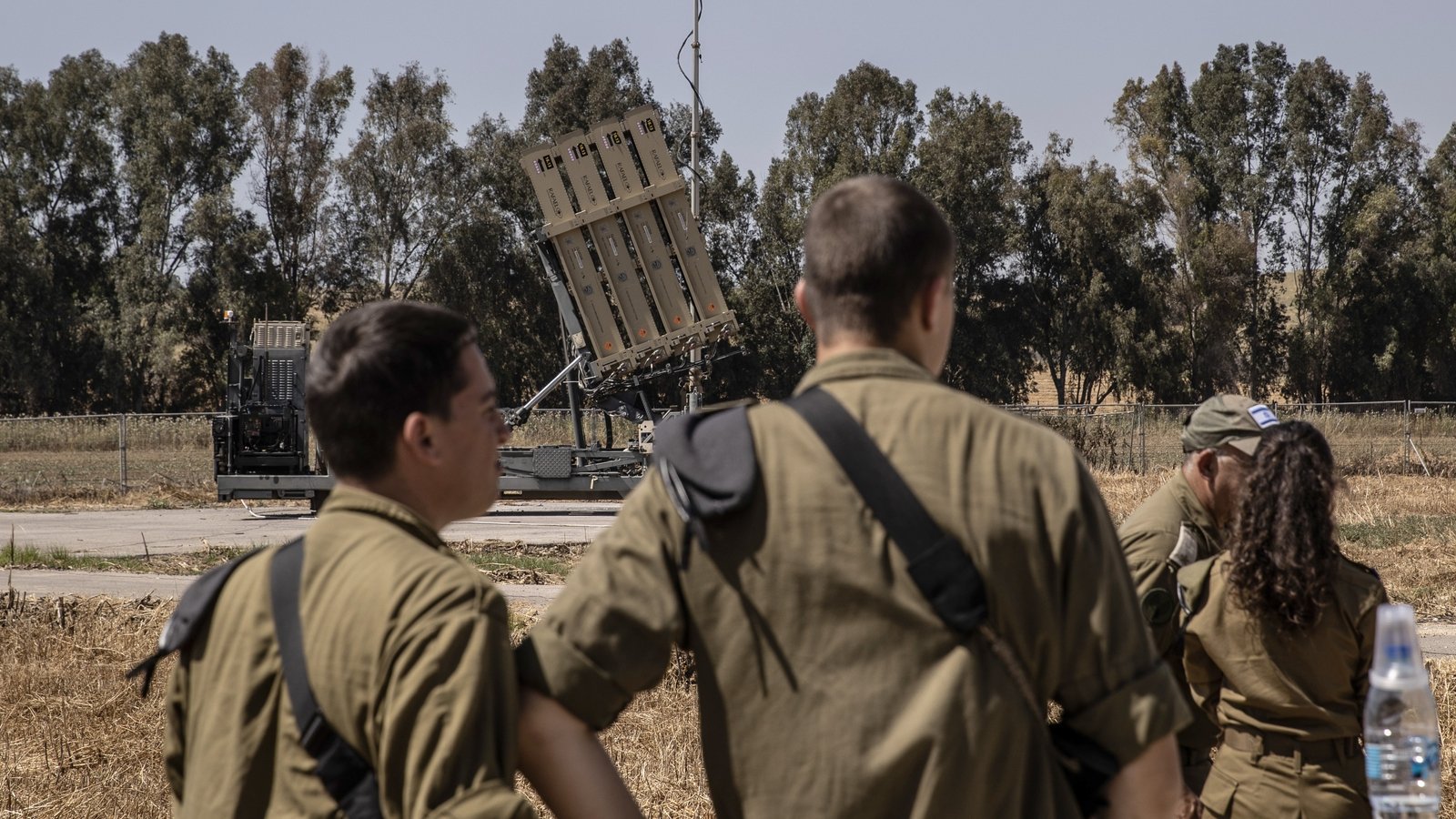
Israel’s Prime Minister Benjamin Netanyahu has said his country reserved the right to protect itself after Iran’s unprecedented attack, and that it alone would decide how to do so.
Iran launched more than 300 drones and missiles at Israel over the weekend in an attack that caused little damage after most of the projectiles were intercepted.
The Israeli military has vowed to respond, prompting a diplomatic flurry aimed at calming the Middle East.
Israel’s allies in Washington and Brussels have pledged to ramp up sanctions against Iran, while British Foreign Secretary David Cameron and his German counterpart Annalena Baerbock became the first Western envoys to visit Israel since the attack.
Mr Netanyahu told the visiting ministers that Israel “will reserve the right to protect itself,” his office said.
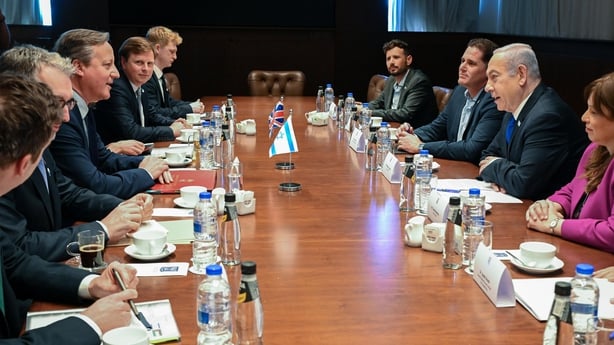
The pair offered “all kinds of suggestions and advice” during a meeting, Mr Netanyahu said. “However, I would also like to clarify: we will make our decisions ourselves.”
For his part, Mr Cameron said “we’re very anxious to avoid escalation and to say to our friends in Israel: It’s a time to think with head as well as heart.”
Ms Baerbock emphasised that “the region must not slide into a situation whose outcome is completely unpredictable.”
Iran has vowed to hit back if its arch-foe Israel responds to last Saturday’s attack, which itself was launched after a deadly strike on Iran’s Damascus consulate building earlier this month that was widely blamed on Israel.
Citing three unnamed Israeli sources, ABC News reported that “Israel prepared for and then aborted retaliatory strikes against Iran on at least two nights this past week.”
Among the range of possible reactions considered by the Israeli war cabinet were options to attack Iranian proxies elsewhere in the region or to conduct a cyber attack, the sources told ABC.
Meanwhile, the war in Gaza that has sent regional tensions soaring continued unabated with efforts at a truce appearing to flounder, as key mediator Qatar said it was re-evaluating its role in the stalling negotiations.
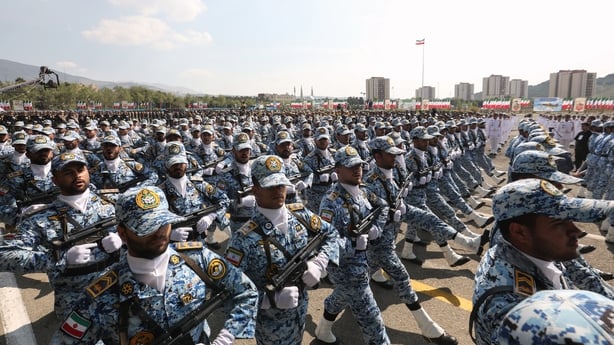
Iran’s President Ebrahim Raisi warned after the attack of “a fierce and severe response” to any retaliation, and yesterday his country celebrated its annual Army Day with a parade featuring various attack drones and long-range missiles.
Also yesterday, Tehran-backed Hezbollah wounded 14 soldiers, six seriously, in a strike on northern Israel, the Israeli army said.
This was the third day in a row the Lebanese militant group had wounded people in Israel, amid near-daily cross-border fire since the start of the Israel-Hamas war.
Later, Israel hit targets in eastern Lebanon, far from the border, a Hezbollah source told AFP.
Israel’s top ally the United States has made clear it will not join any attack on Iran, vowing instead to level more sanctions against the country’s missile and drone programme, its Islamic Revolutionary Guard Corps and the Iranian defence ministry.
Nevertheless, US Republicans yesterday unveiled a bill that would provide $26 billion of military aid to Israel which appeared to have White House backing.
EU foreign policy chief Josep Borrell said Brussels was also working to expand sanctions against Iran, including its supply of drones and other weapons to Russia and to proxy groups around the Middle East.
French President Emmanuel Macron said the EU and its allies had a “duty… to expand these sanctions”, while Ms Baerbock said Berlin backed further sanctions.
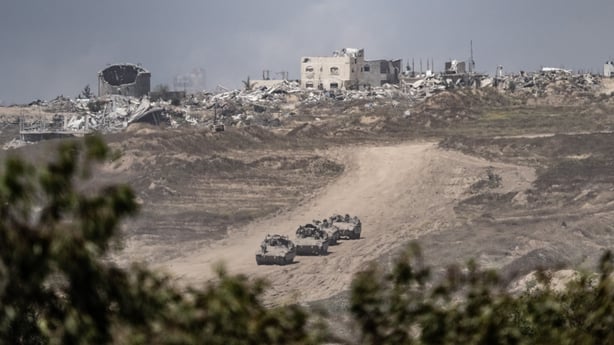
Mr Cameron also urged the G7 to adopt new “coordinated sanctions against Iran,” ahead of a meeting with counterparts from the Western-led grouping in Italy.
The Israel-Iran tensions have threatened to overshadow the Gaza war, even as deadly bombardment and combat raged in the besieged territory.
Talks toward a truce and hostage release deal have stalled, said Qatari Prime Minister Sheikh Mohammed bin Abdulrahman Al-Thani, despite months of effort also involving US and Egyptian officials.
He later said that his country was undertaking “a complete re-evaluation of its role because there has been damage to Qatar”, which does not have diplomatic relations with Israel.
The Israeli military said yesterday its aircraft had “struck over 40 terror targets throughout the Gaza Strip” over the past day.
The war was triggered by an unprecedented attack on Israel by Hamas on 7 October that resulted in the deaths of 1,170 people, mostly civilians, according to an AFP tally based on Israeli official figures.
The militants also took about 250 hostages, of whom Israel estimates 129 remain in Gaza, including 34 who are presumed dead.
Israel’s devastating retaliatory offensive has killed at least 33,899 people in Gaza, mostly women and children, according to the health ministry in the Hamas-run territory.
Israel has faced growing global opposition to the relentless fighting in Gaza, which the United Nations and aid agencies have warned has pushed the north of the territory to the brink of famine.
But Mr Netanyahu rejected any claims about famine yesterday, saying Israel is doing “above and beyond” what is needed “on the humanitarian issue,” his office said.
The Israeli army said that eight trucks of food aid from the World Food Programme that arrived via Ashdod port in Israel had entered Gaza through an Israeli land crossing.
It is the first time UN aid has travelled through the sea port since Israel said it would open it earlier this month following international pressure.
Meanwhile, the UN Security Council was preparing to vote today on an Algeria-drafted resolution for full United Nations membership for a Palestinian state, diplomatic sources said.
However, the veto-wielding United States has repeatedly expressed opposition to the move.
Read more:
Latest Middle East stories

